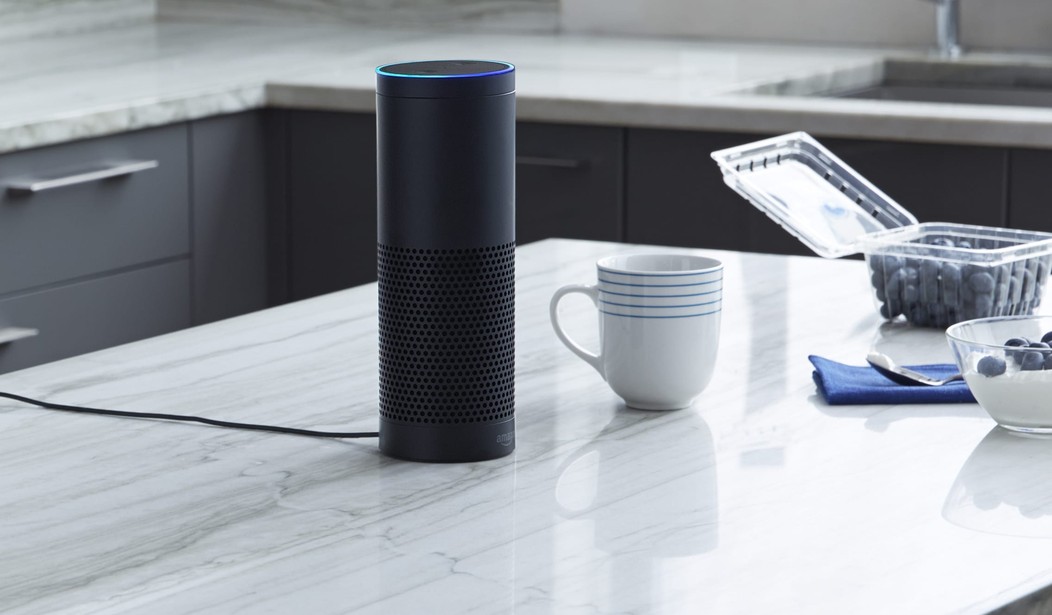We’ve become accustomed to being tracked by Google in exchange for Google providing us driving directions. We probably ignore the fact that tracking occurs even when we are not navigating. We allow other apps track us as well. Yelp tracks us to be able to offer better selections of restaurants nearby and Facebook tracks us to provide more relevant postings.
We’ve struck a bargain, giving up a little privacy, our location, for something convenient to us in return. This has been the model used by Internet companies: they need to know more about us in order to target more relevant ads at us. The more they know, the better the targeting, and more they can charge for their ads. Less privacy equals more profits.
There’s very little that’s stopping them from knowing more, a little bit at a time. That’s their path to making more money. And they continue to chip away at our privacy to learn more. They know what we do online, what products we search for or inquire about, only to feed us ads for similar products. They know our contacts, they know our schedule. Fortunately, they don’t know (yet) our medical issues, but you can bet some companies would love to, in order to sell us drugs.
If our location and our surfing habits are valuable, imagine if companies could monitor our conversations and know what we talk about and discuss in the privacy of our homes. Welcome to smart speakers, the new product category that has the potential to do just that.
Smart speakers are being marketed to us as a great convenience, just as tracking us was convenient for navigation. These devices are almost magical — they’re easy to use, save us time, and provide us with useful information.
The first and most popular entry has been the Amazon Echo. It’s a device about the size of a Pringles can that contains a speaker and microphone that are always on and listening for us to call its name, Alexa, and ask it to do something. We can ask it to play the news, play music from a favorite artist, or tell us the time, plus hundreds of other things, called skills. We can even use it to make purchases or control our home lighting. Similar products are available from Google and soon from Apple, and many other companies are building this technology into their products.
These are incredibly useful devices, providing answers and help throughout the day. But there is a potential for abuse because of that microphone turned on and listening to us all the time.
The manufacturers can collect audio recordings at their whim and do with them whatever they choose. Up to now, we’ve trusted Amazon, much like we’ve trusted Google with our private information. But that may change.
According to an article at The Verge, Amazon is beginning to allow third-party developers to gain access to the audio recordings that come from their (Echo) Alexa devices. Amazon has justified this as a way to attract more developers to create skills for use on Echo and keep them from working on competitors’ products.
Amazon told The Verge, “When you use a skill, we provide the developer the information they need to process your request. We do not share customer identifiable information to third-party skills without the customer’s consent. We do not share audio recordings with developers.”
But we’ve heard much of this before — how we are never identified by those who track us. But that’s an old argument that has been violated time after time. Our personal information is often leaked by mistake. Companies that track us from a location each morning can easily identify us, since it’s likely we begin each day from our home, or they can simply access our name from our phone. The point being that anonymity is generally a fleeting promise that can easily be broken, if not by the company making the promise, then by the company they sell the data to. In the case of speakers, they know where they’re located and can easily identify us.
Which brings us to the issue of selling us drugs for a medical condition. Imagine if these smart speakers were paid to listen for certain words relating to health ailments, and they used that information to market us specific drugs — or worse, disclose to other interested parties our private health information.
Some may argue that this is just paranoia, but based on what’s been happening, it’s possible, maybe even likely. You may choose to ignore the risks and buy one of the new smart speakers, along with the millions of others for their convenience. But if you do, pay attention to the privacy policies of the companies and proceed at your own risk. In the world of business, companies are always looking for ways to increase their revenues and profits, even at the expense of our privacy. If you want to predict what companies will do in the future just look at what they’ve done in the past.








Join the conversation as a VIP Member